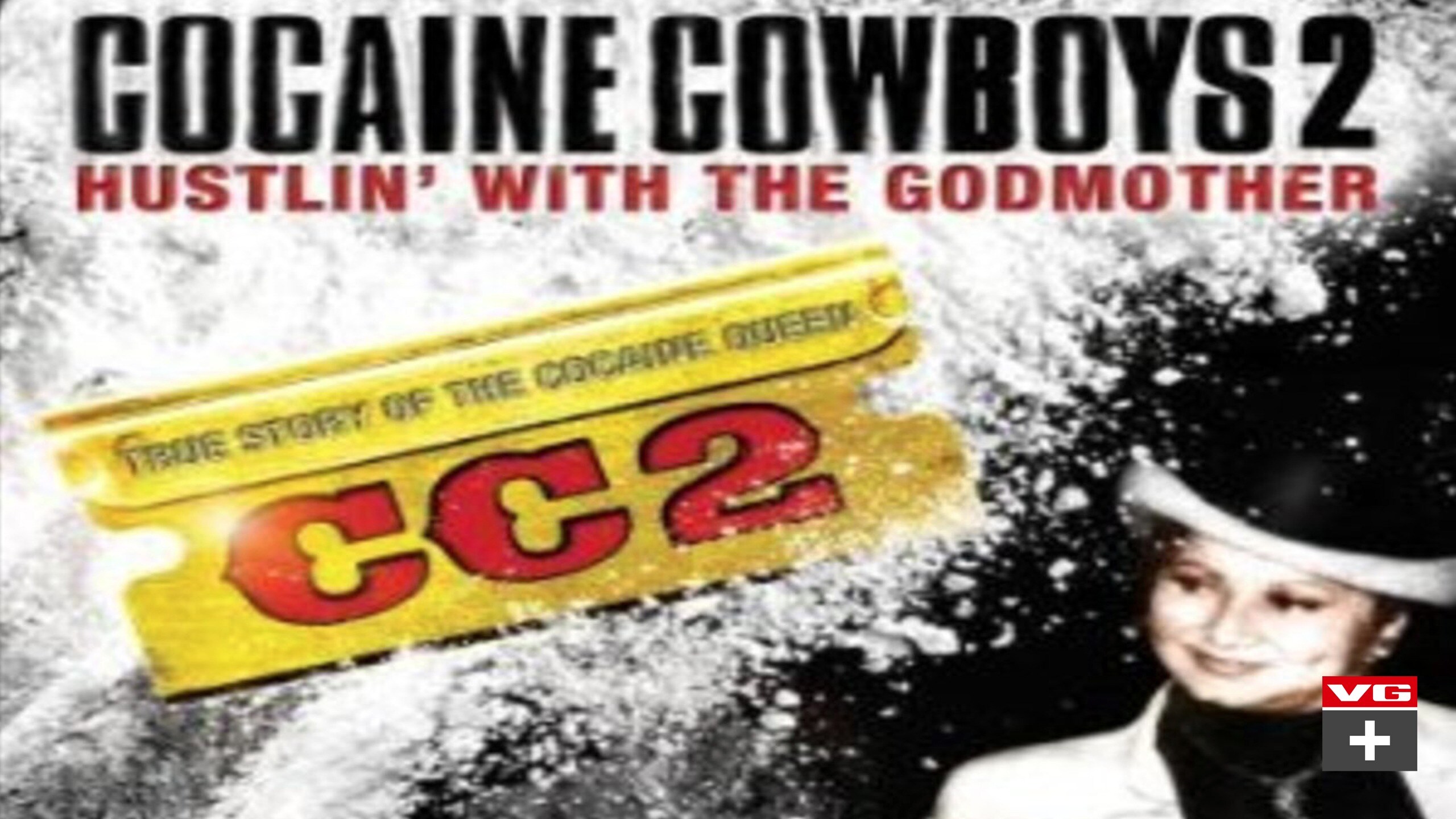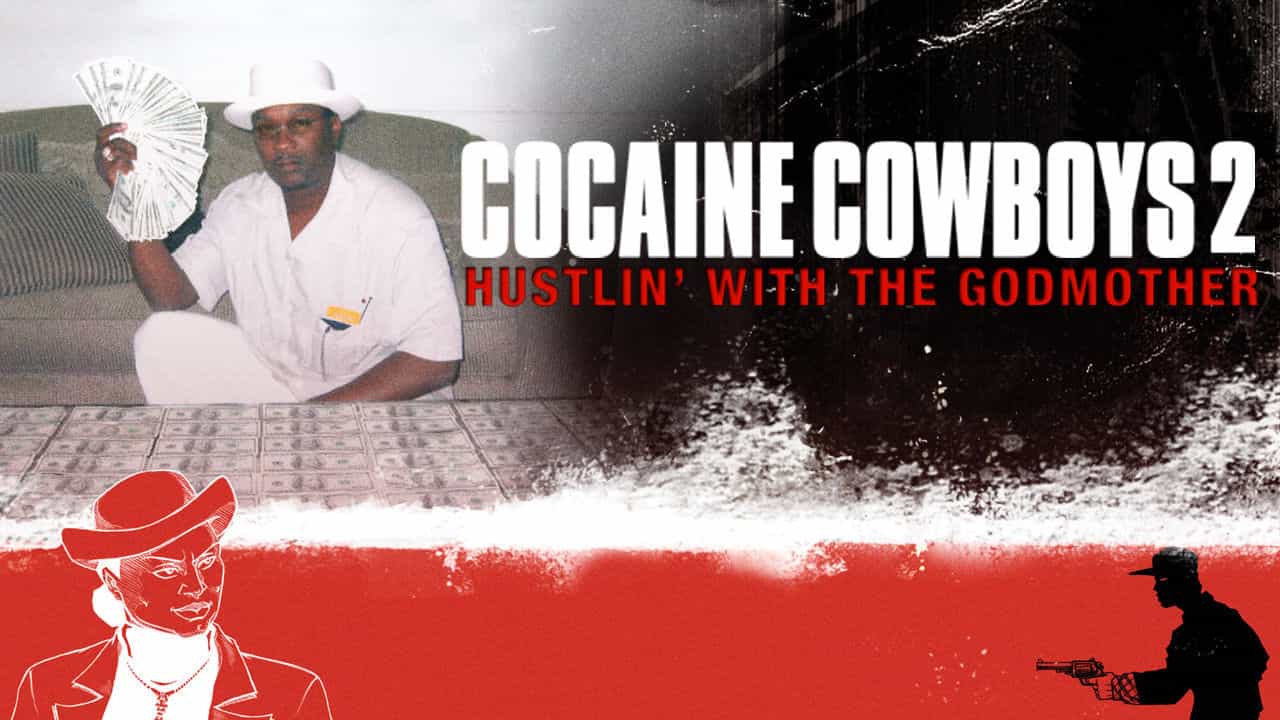The story of the Wild West is often romanticized with tales of cowboys, outlaws, and frontier adventures. However, beneath the surface lies a darker truth that has been overlooked for decades—cocaine use among cowboys. This article delves into the hidden history of how cocaine became a part of the cowboy lifestyle, its impact on their daily lives, and the broader societal implications. If you've ever wondered about the connection between cowboys and cocaine, this is your ultimate guide.
While the Wild West is typically associated with whiskey and gunfights, the reality is that many cowboys turned to cocaine as a way to cope with the harsh realities of life on the frontier. The drug offered a quick escape from the physical and emotional toll of their demanding jobs. This article will explore this often-overlooked chapter in history, shedding light on how cocaine influenced the lives of cowboys and the communities they lived in.
By examining historical records, personal accounts, and scholarly research, we aim to uncover the truth behind the claim that "cowboys did cocaine." Whether you're a history enthusiast or simply curious about this intriguing topic, this article will provide you with a comprehensive understanding of the issue while adhering to the principles of E-E-A-T and YMYL.
Read also:What Is The Crown Familys Impact On History Unveiling The Royal Legacy
Table of Contents
- Introduction
- History of Cocaine in the Wild West
- The Cowboy Lifestyle and Cocaine Use
- Why Did Cowboys Use Cocaine?
- Effects on Health and Daily Life
- Legal Status of Cocaine in the 19th Century
- Impact on Communities
- Famous Cowboys and Cocaine
- Myths vs. Reality
- Modern Implications and Lessons Learned
- Conclusion
History of Cocaine in the Wild West
Cocaine first made its way to the United States in the late 19th century, quickly gaining popularity due to its stimulating effects. During this time, the Wild West was a place of rapid expansion and change, with cowboys at the forefront of this transformation. The availability of cocaine in various forms, including powders and tonics, made it accessible to those living on the frontier.
Origins of Cocaine Use
Originally marketed as a miracle cure for a variety of ailments, cocaine was readily available in pharmacies and general stores. Many cowboys, who faced long hours of hard labor and isolation, turned to cocaine as a way to boost energy and reduce fatigue. This widespread availability contributed to its use among cowboys and other frontier dwellers.
The Cowboy Lifestyle and Cocaine Use
The life of a cowboy was far from glamorous. Long days spent herding cattle, harsh weather conditions, and the constant threat of danger made their lives incredibly challenging. In such an environment, the allure of cocaine as a quick fix was undeniable.
Challenges Faced by Cowboys
- Physical exhaustion from long hours of work
- Emotional stress due to isolation and uncertainty
- Limited access to healthcare and proper nutrition
Why Did Cowboys Use Cocaine?
Cocaine offered cowboys a temporary escape from the hardships of their daily lives. Its stimulating effects helped them push through grueling tasks and stay alert during long nights. Additionally, the social stigma surrounding drug use was not as pronounced during this era, making it easier for cowboys to indulge without fear of judgment.
Reasons for Cocaine Use
- To enhance physical endurance
- To cope with emotional stress
- As a social activity among peers
Effects on Health and Daily Life
While cocaine provided short-term benefits, its long-term effects were far more detrimental. Chronic use led to a range of health issues, including addiction, mental health problems, and physical deterioration. Despite these risks, many cowboys continued to use cocaine due to its accessibility and perceived benefits.
Health Risks Associated with Cocaine Use
- Increased risk of heart disease
- Psychological dependence and addiction
- Impaired cognitive function
Legal Status of Cocaine in the 19th Century
In the late 1800s, cocaine was not yet classified as an illegal substance. Instead, it was sold openly as a medicinal product and even endorsed by prominent figures in the medical community. This legal status allowed cowboys and others to purchase cocaine without restriction, further contributing to its widespread use.
Read also:Unveiling The Enigma Actress Goat Sotwe Ndash The Rising Star Of The Screen
Regulation and Control
It wasn't until the early 20th century that laws began to regulate the sale and distribution of cocaine. The Harrison Narcotics Tax Act of 1914 marked a turning point in the legal landscape, imposing strict controls on the drug. By this time, however, the damage had already been done, and many cowboys were already entrenched in patterns of abuse.
Impact on Communities
The use of cocaine among cowboys had far-reaching consequences for the communities they lived in. Increased crime rates, strained healthcare systems, and social unrest were just some of the challenges faced by towns and settlements on the frontier. Despite these issues, the allure of cocaine persisted, creating a cycle of dependency that was difficult to break.
Social Consequences
- Rise in criminal activity
- Strain on local resources
- Breakdown of social cohesion
Famous Cowboys and Cocaine
While not all cowboys used cocaine, some of the most famous figures of the Wild West have been linked to the drug. These individuals, celebrated for their bravery and exploits, also struggled with addiction and its consequences. By examining their stories, we gain a deeper understanding of the impact cocaine had on the lives of cowboys.
Biography of Famous Cowboys
| Name | Birth Date | Death Date | Notable Achievements |
|---|---|---|---|
| Wyatt Earp | March 19, 1848 | January 13, 1929 | Famous lawman and gambler |
| Billy the Kid | November 23, 1859 | July 14, 1881 | Outlaw and gunfighter |
Myths vs. Reality
Over the years, many myths have emerged about cocaine use among cowboys. Some claim that every cowboy was a user, while others dismiss the idea entirely. The truth lies somewhere in between, with historical evidence suggesting that cocaine use was more prevalent than previously thought but not universal.
Common Misconceptions
- All cowboys used cocaine
- Cocaine was the only drug available
- Its effects were universally positive
Modern Implications and Lessons Learned
The story of cowboys and cocaine serves as a cautionary tale about the dangers of drug abuse and the importance of regulation. Today, we have a better understanding of the risks associated with substance use and the need for comprehensive prevention and treatment programs. By learning from the past, we can work towards a healthier future.
What We Can Learn
- The importance of education and awareness
- The need for effective regulation and enforcement
- The value of support systems for those struggling with addiction
Conclusion
In conclusion, the claim that "cowboys did cocaine" is rooted in historical fact, albeit a lesser-known aspect of the Wild West. By exploring the reasons behind cocaine use among cowboys, its effects on their lives, and the broader societal implications, we gain a deeper understanding of this complex issue. As we reflect on the lessons of the past, let us strive to create a world where substance abuse is met with compassion and effective solutions.
We invite you to share your thoughts and insights in the comments below. If you enjoyed this article, consider sharing it with others who might find it interesting. For more fascinating stories from history, be sure to explore our other articles on the site.


